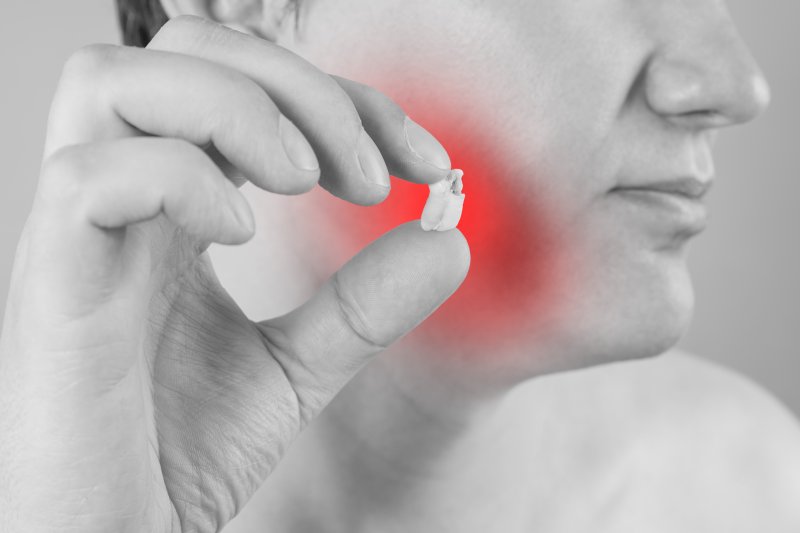
You’re preparing to undergo wisdom tooth removal. The idea of oral surgery of any kind may have you asking many questions, but the most common is likely to be what you can expect from wisdom tooth extraction aftercare. Knowing how to properly care for your smile during this time is important if you want to ensure swift and successful healing. This is why a dentist is here to explain the precautions you should take as well as how to move through recovery without complications.
What Can I Expect After Having My Wisdom Teeth Removed?
Although you will not feel any pain during the actual wisdom tooth removal procedure, you will likely experience some soreness and discomfort afterward. This is because the local anesthesia wears off, resulting in achiness. Fortunately, over-the-counter pain relievers or prescribed medication from your dentist can be taken as instructed.
Apart from initial discomfort, however, there are also a few additional tips to keep in mind as you heal from surgery:
- Slight bleeding is expected, so using gauze can help to cease blood flow so that a clot forms.
- Swelling is also likely, as well as minimal bruising, which can last up to 2 weeks. Using a cold compress can help to minimize the effects as well as reduce discomfort.
- A liquid diet is the best option immediately following oral surgery, as it doesn’t require you to bite down and place additional pressure on healing sockets.
- Nausea and vomiting can occur depending on the type of sedation or anesthesia used but will subside. Sip on tea or ginger ale slowly to help it subside.
- A slide temperature increase is normal but should go down after a day or two following your procedure.
- Slight numbness is common, as it will take time for the anesthesia to wear off. Just avoid eating anything until the numbness is gone.
How Should I Take Proper Care of My Smile?
You might assume that brushing, flossing, and rinsing are out of the question after undergoing a wisdom tooth extraction, but the reality is that you must keep your teeth and gums healthy during this time.
To avoid an infection, you’ll need to gently brush your teeth but be careful when nearing the empty sockets. The day after your procedure, you can rinse your mouth several times with warm salt water to keep the area clean as well as encourage faster healing. When doing so, make sure to slightly swish the contents inside your mouth and do not spit, as this can dislodge the blood clot. Instead, allow it to simply drain out of your mouth.
Sucking through a straw, eating dense foods too soon, smoking, and even performing strenuous activities can hinder the healing process, so it is important that you adhere to your dentist’s instructions. In doing so, your recovery will be a success.
About the Authors
Dr. Kenneth Endres brings more than 40 years of experience to his patients at Salmon Brook Dental Associates. He has extensive experience in a wide array of dental specialties and works closely with his colleague, Dr. Gunveen Chawla, to ensure all patients achieve beautiful smiles. Offering wisdom tooth extraction to individuals struggling with pain toward the backs of their smiles, they can deliver great results that allow for better oral health. Visit our website or call (860) 653-4551 to learn how we can help.
